
The world of college athletics is an extremely competitive and lucrative one: Many collegiate football and basketball coaches make millions of dollars per year and are often the single highest-paid employees in their whole university. Across the nation, most states’ highest-paid employees are football and basketball coaches and the NCAA holds television advertising contracts worth more than a billion dollars.
What differentiates this world from that of professional sports – to which it is identical in nearly every other respect – is that its teams are comprised solely of college students. These collegiate athletes represent their schools both on the field and in the classroom and often receive scholarships to do so.
On March 26, the National Labor Relations Board ruled that scholarship-holding football players at Northwestern University could form a union, as they are employees of the university rather than students, a decision that rocks the very foundations of scholastic athletics. In this decision to name student-athletes employees of the university, the Board cited a more than 40 hour per week time commitment, the adherence to strict rules and the distribution of scholarships worth tens of thousands of dollars that are solely dependent on the players’ fulfillment of athletic, rather than academic, obligations.
To a degree, this characterization is not entirely unjustified. Players spend vastly more time practicing for and participating in athletic obligations than on their academics and are restricted from taking certain classes dependent on their athletic schedule. Meanwhile, athletes at top sports universities receive scholarships in exchange for their participation in athletic programs, scholarships that are immediately revoked should a player cease participation. Players are recruited not for their academic abilities (reflected by a recent study which shows that a disturbing number of college athletes read at fifth-grade level or below) but rather for their athletic capabilities.
This is, however, an oversimplification of the system. College athletes often come from backgrounds of lesser means and participation in sports is how many students can attend college who wouldn’t otherwise have been able to afford it.
However, sports do not represent a viable career option for the vast majority of athletes after graduation, so it is absolutely ludicrous to disregard the academic portion of their college experience and label them employees. Despite their resemblance to professional athletics, college sports are anything but: athletes are prohibited from participation beyond a certain number of years. With career prospects slim for entry into the professional sector, students rely on the college degree they get out of their time as an athlete to forge a career for themselves.
The NLRB’s decision isn’t going to make much of an immediate change, particularly at the University of Massachusetts, which, as a state university, exists outside the jurisdiction of the Board. It should, however, serve as a wake-up call to both the NCAA and school administrators.
The college sports system, particularly in relation to football and basketball, has increasingly begun to resemble a collection of professional sports organizations rather than student athletes. Steps need to be taken to ensure that collegiate athletes graduate with the same level of scholastic value granted to their peers, rather than being milked for their skills for a few years before being cast away with a degree but without an education.
Stefan Herlitz is a Collegian columnist and can be reached at [email protected].







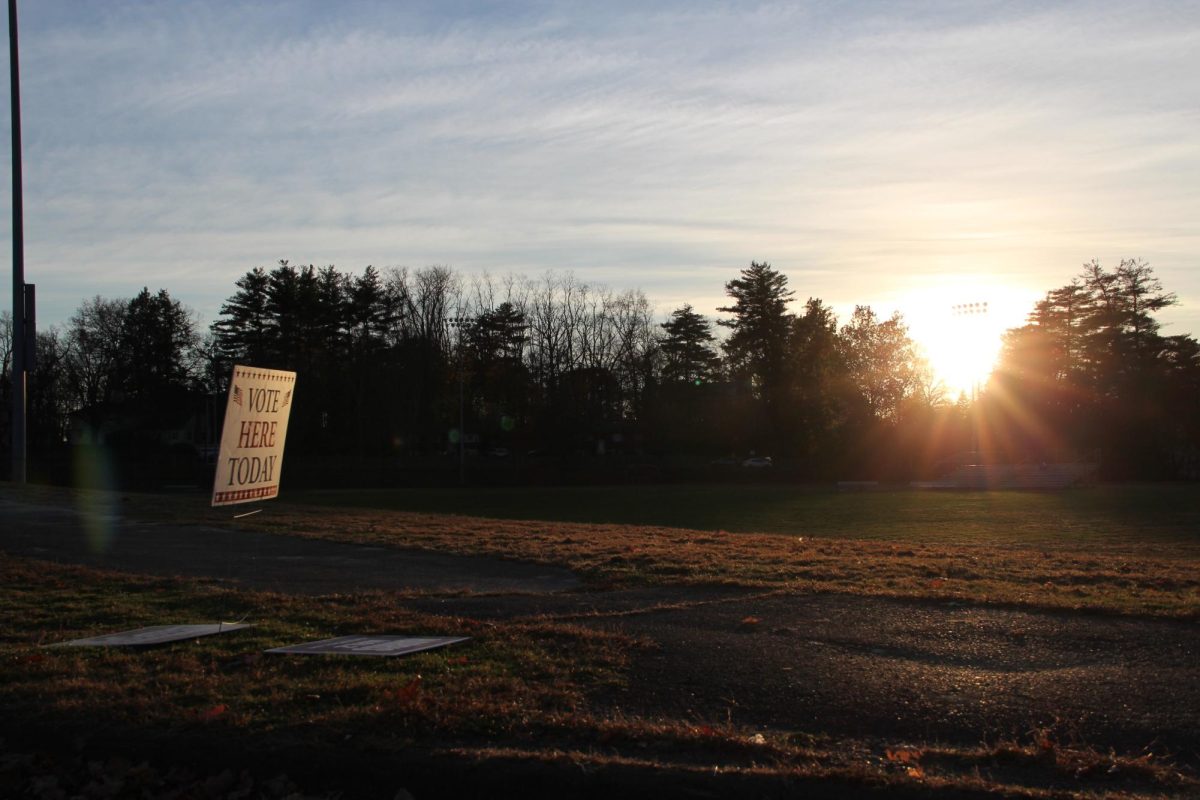
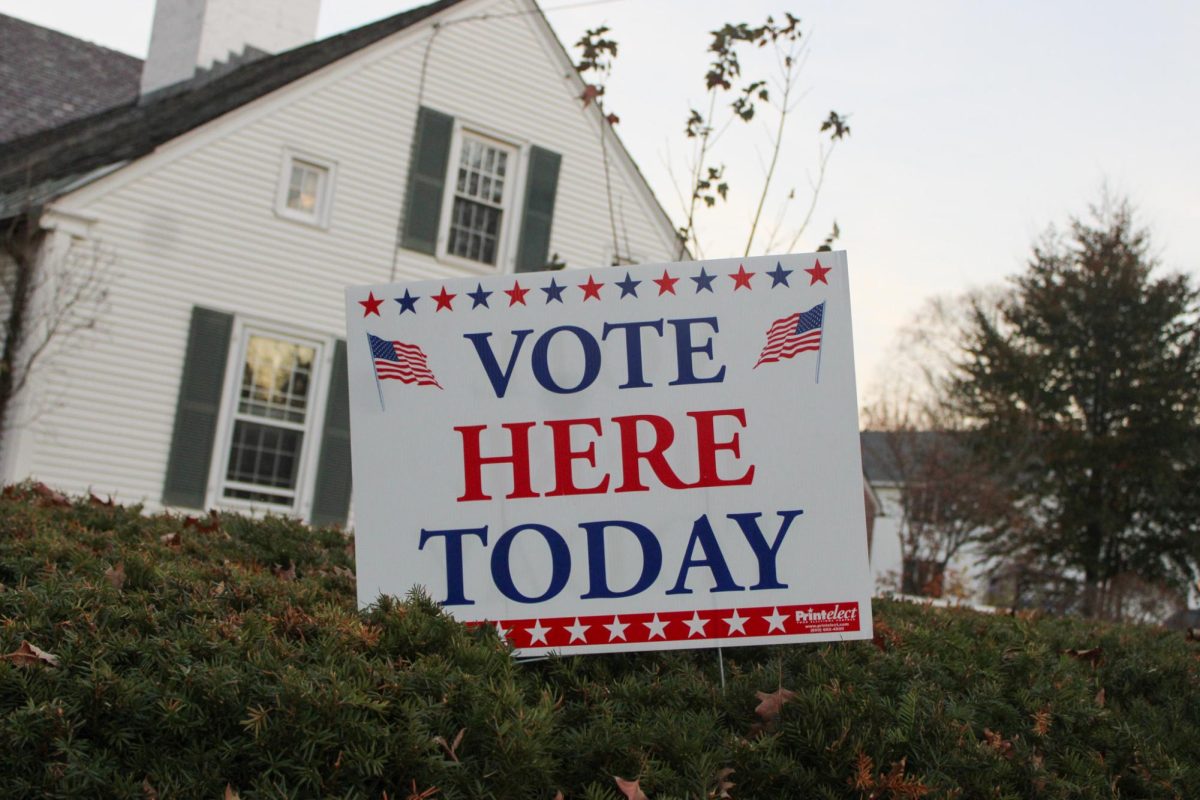
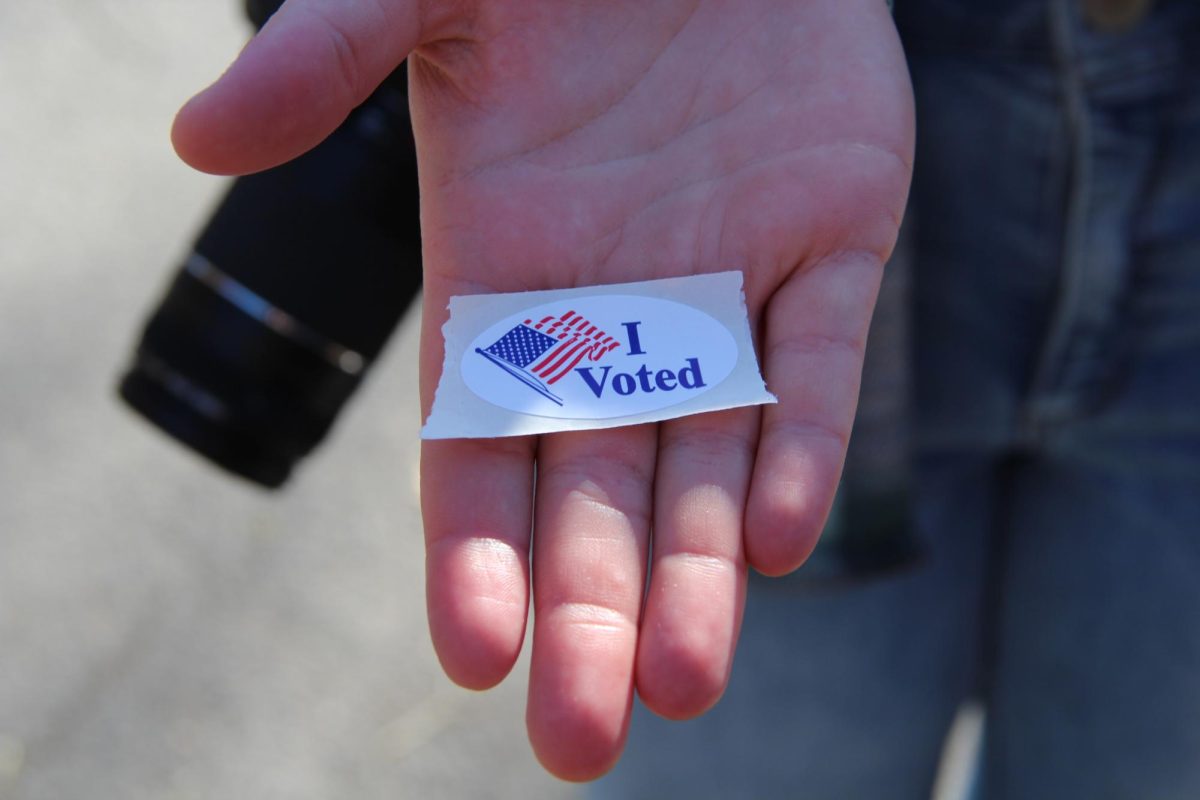
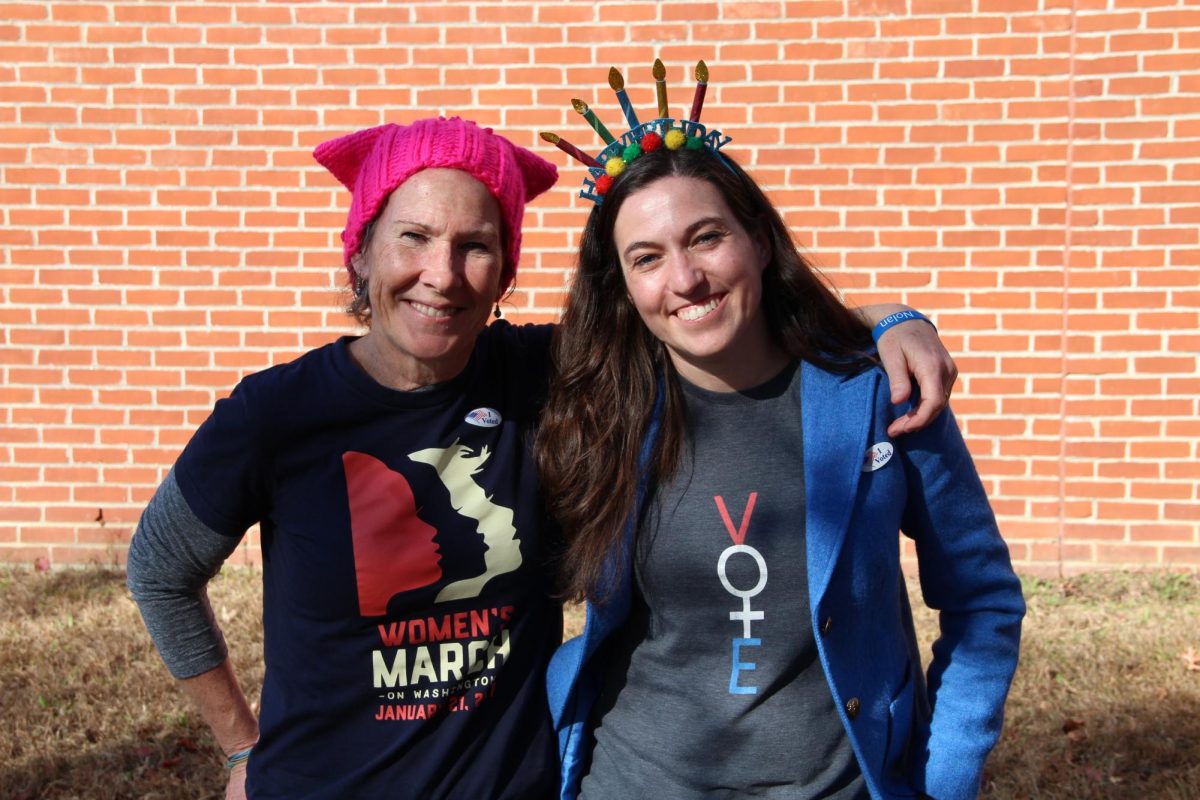
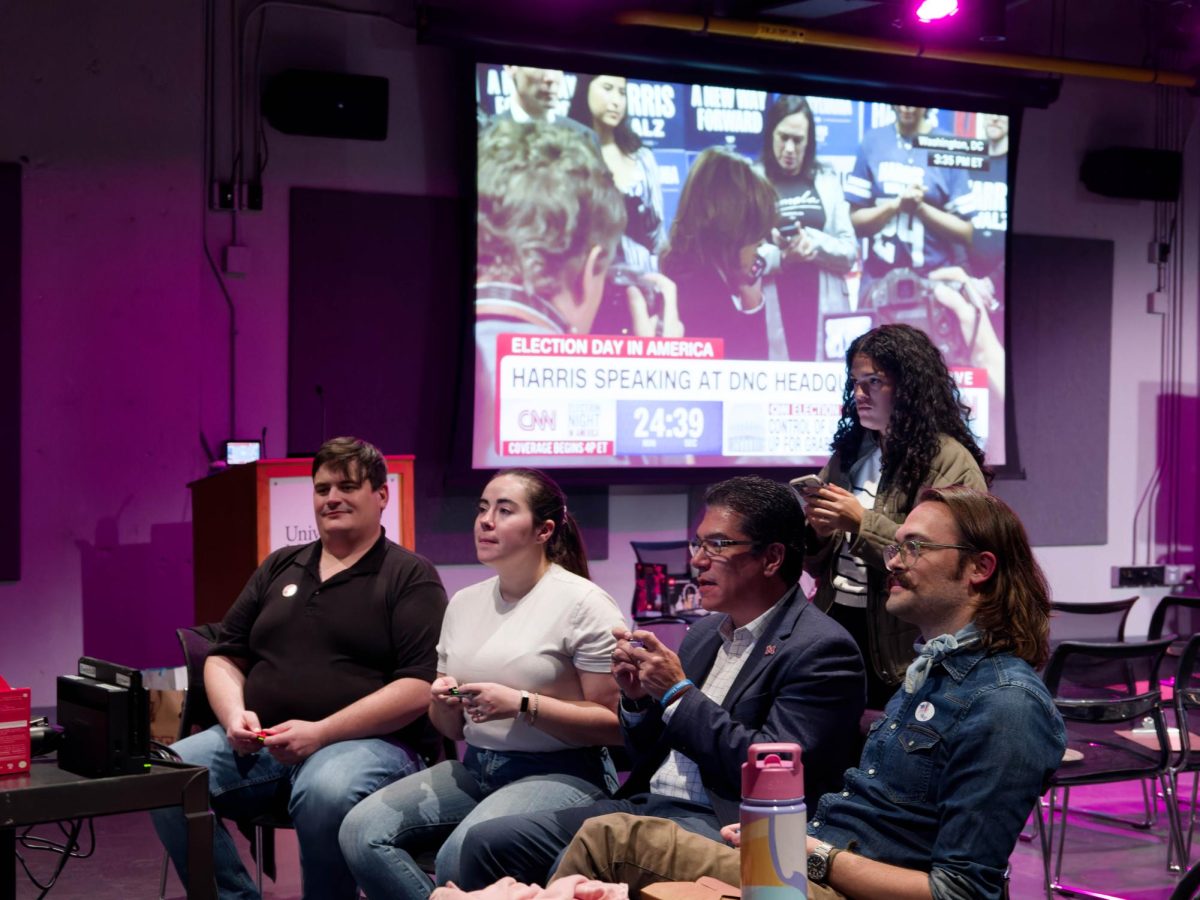


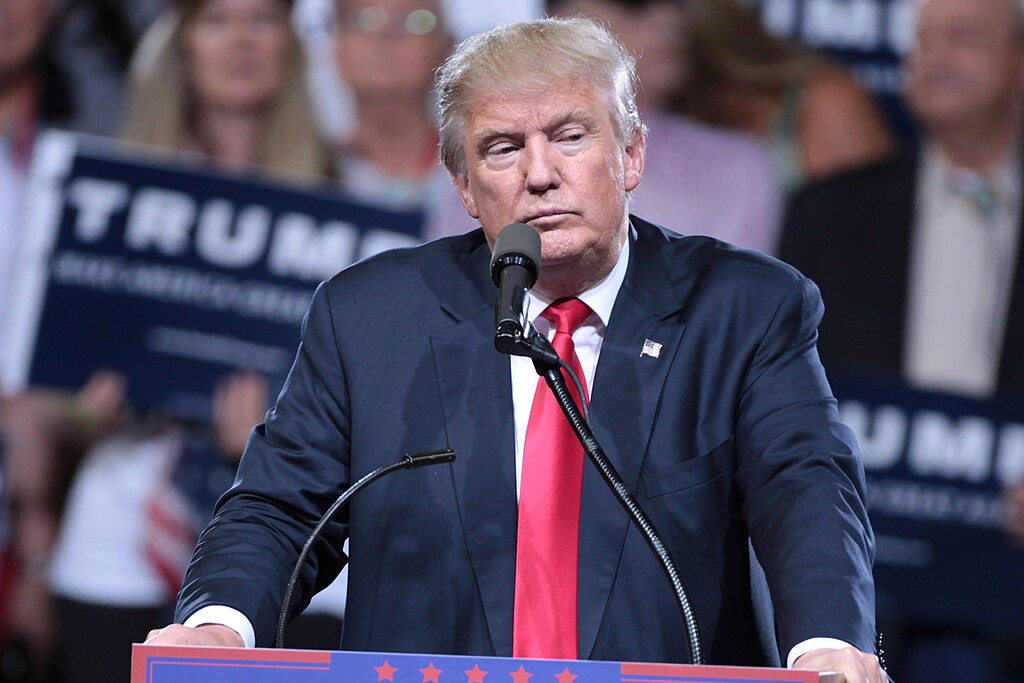
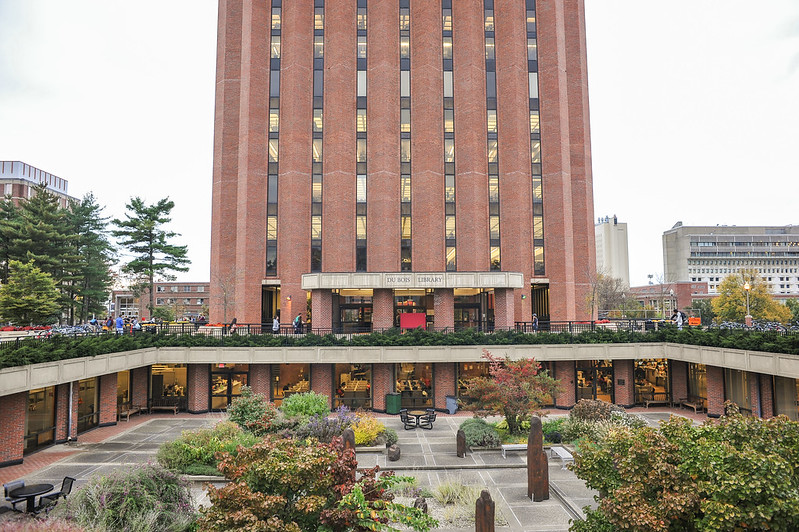
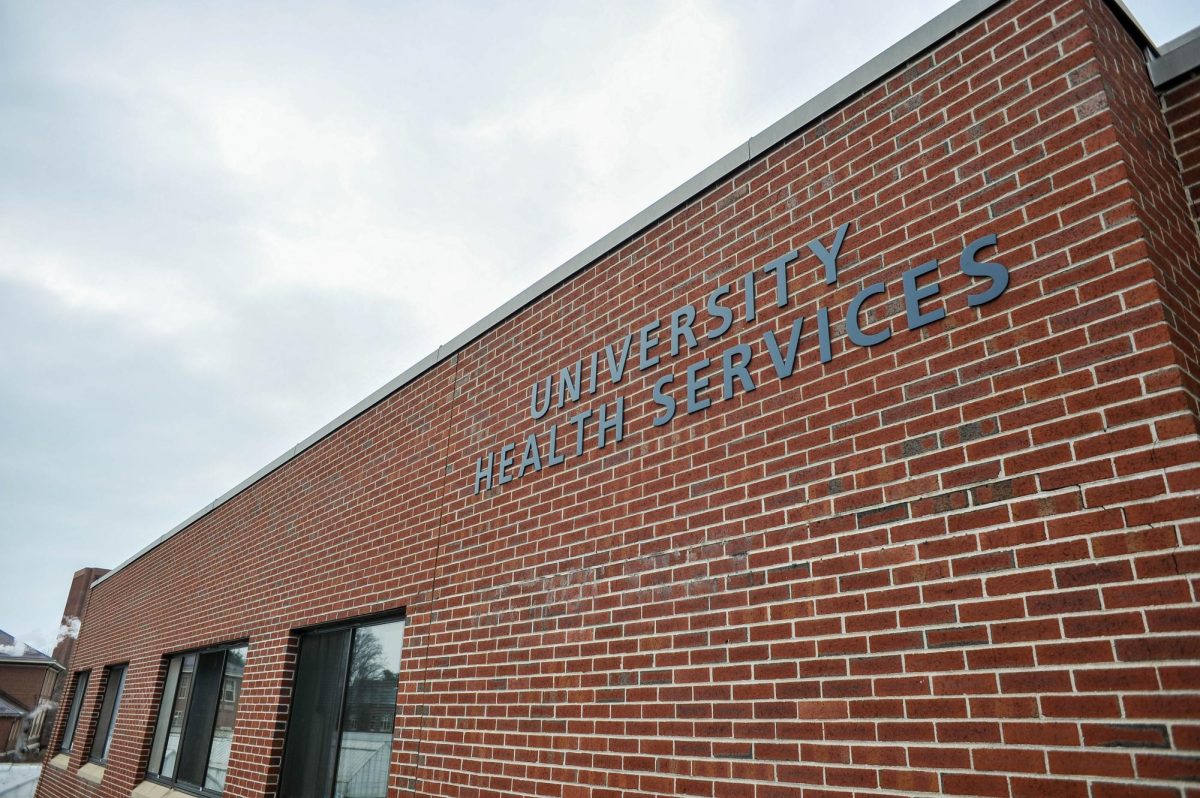
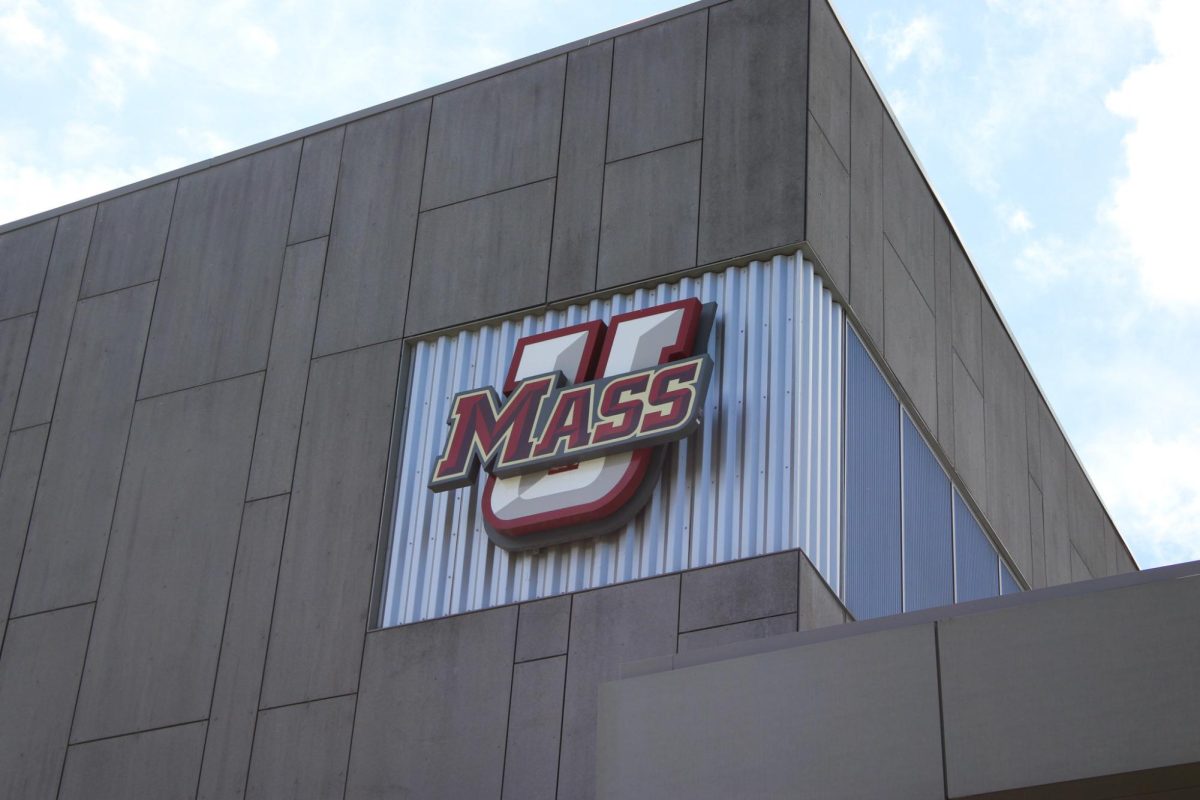
bill • Apr 4, 2014 at 3:57 pm
Do you get to file a grievance if you don’t get enough playing time?
Billy • Apr 1, 2014 at 6:51 pm
“…the National Labor Relations Board ruled that scholarship-holding football players at Northwestern University could form a union, as they are employees of the university rather than students”
This is completely false. The NLRB ruled they are employees IN ADDITION to being students, a very important difference. Contrary to what this article suggests (with lines like “it is absolutely ludicrous to disregard the academic portion of their college experience and label them employees”) it is possible to both work for and study at a university. In fact, the Northwestern football players are seeking a union in part to protect their academic interests; Kain Coulter, the quarterback and lead organizer, testified that coaches discouraged him from taking a required course because it conflicted with football, thus causing him to fall behind in his academics and eventually switch majors. Their aim with a union, which is limited to scholarship athletes, is to protect interests like this.
It’s ridiculous to suggest that because not all of them will go into professional sports, student-athletes can’t or shouldn’t unionize; a union will not impede them from seeking an education and thus a career outside of sports when they graduate.
zoyd aleck • Apr 1, 2014 at 6:44 pm
Dividivision 1 College football & basketball players are seasonal,temporary migrant? workers who toil for a
cash crop called TV revenue… as an extension program for the NBA farm system. The business education
fans receive is worth the free market exchange experience. Sold out has several meanings maybe?
zoyd aleck • Apr 1, 2014 at 6:18 pm
“However, academic majors do not represent a viable career option for the vast majority of student~non-athletes after graduation, so it is absolutely ludicrous to disregard the recreational portion of their college experience and label them employees. ”
if teachers were coaches,maybe class uniforms will be the next consideration for team players!
N. • Apr 1, 2014 at 5:39 pm
You are missing the whole point here which is that not only are schools making huge amounts of money off of these kids’ work, but the funding that comes with being a student (for room, board, etc) means that if they don’t show up and play, they are effectively fired from being a student. Although for many of us who receive work study wages, this is essentially another means for aid to reach us and may or may not make the school that much money, but these people actually generate revenues for the schools. And for many us our means of subsistence are in fact bound up with being a student and having a work study job of some kind. We are all employees. This isn’t a matter of perspective or whether or not they continue as professional athletes after graduation. I really don’t even get what your point is that you’re trying to make to support your thesis here.
Schlomo • Apr 1, 2014 at 10:41 am
This goy is a hack